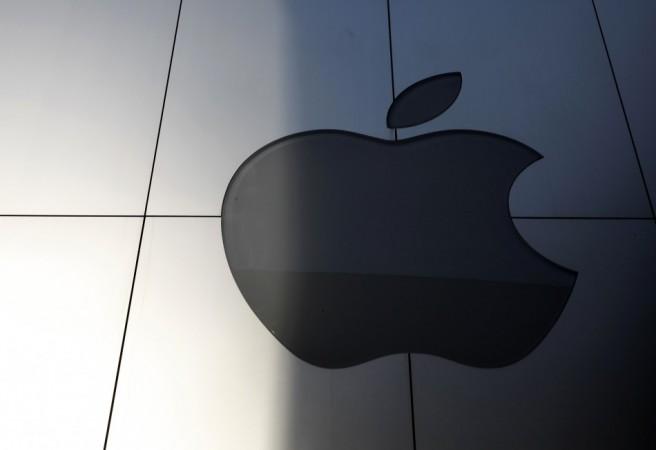
Apple, the world's second largest smartphone vendor, is caught up in a legal mess once again, but this time around it will be defending itself from a plaintiff other than Samsung. Adrienne Moore, a former iPhone user who switched to an Android smartphone, is seeking unspecified damages and a class action status for her lawsuit filed in May. The charge against Apple is over the same iMessage purgatory that has prevented several departing customers from receiving text messages from their iPhone friends.
Apple finally has a fix in place but the tech giant will face Moore's lawsuit. According to the U.S. District Judge Lucy Koh in San Jose, California, Moore can rightfully argue with Apple for disrupting her wireless service from Verizon and violating an unfair competition law in California, Reuters reported.
"Plaintiff does not have to allege an absolute right to receive every text message in order to allege that Apple's intentional acts have caused an actual breach or disruption of the contractual relationship," Koh wrote in ruling on Monday night.
The iMessage purgatory existed in iPhone since the iOS 5 update, where customers switching from iPhones to other platforms such as Android did not receive text messages from their iPhone friends. Apple's free messaging service, iMessage, which uses Wi-Fi or mobile data to send and receive messages from devices on the iOS platform, failed to recognise users even after they switched to a different platform. This caused all messages to go into the dark messaging servers, never to be delivered to the intended user. By deactivating iMessage before getting rid of the handset could resolve the problem but most customers failed to make the change.
Addressing the pressing concern, Apple rolled out a new tool that helps people switch from iOS to Android and still receive messages from iPhone users.
In light of the latest lawsuit, Apple defended itself by stating that it never claimed the software to recognise itself when a user switched from iPhone to other non-iOS devices.
"Apple takes customer satisfaction extremely seriously, but the law does not provide a remedy when, as here, technology simply does not function as plaintiff subjectively believes it should," the Cupertino, California-based company added in the report.

















